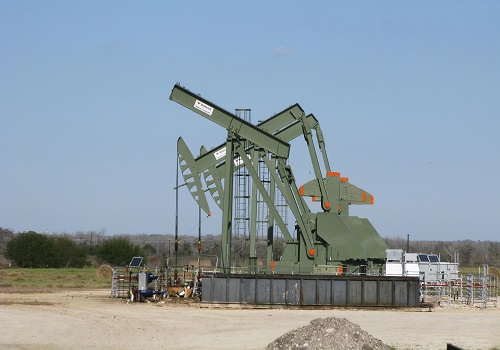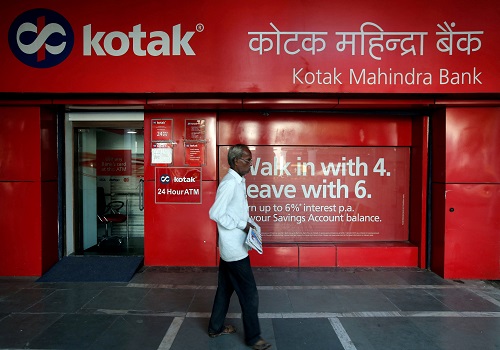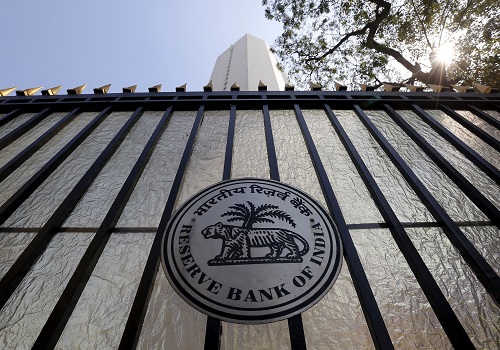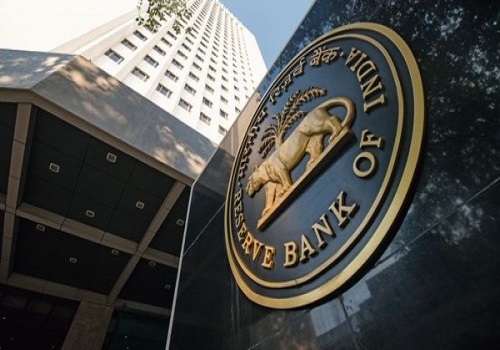Tapering Covid: Monetary policy to be retained against volatility
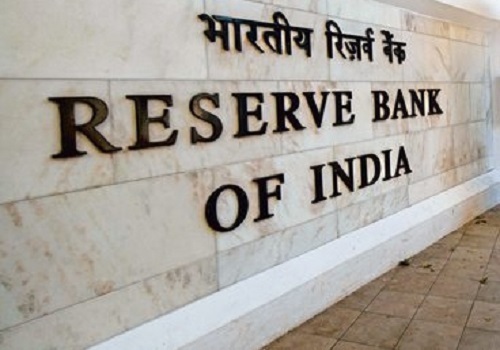
Follow us Now on Telegram ! Get daily 10 - 12 important updates on Business, Finance and Investment. Join our Telegram Channel
Prevailing onslaught from Covid's second wave as well as persistently high prices will deter the Reserve Bank of India (RBI) from initiating any tapering exercise, experts told IANS.
Besides, economy watchers have ruled out any reduction in key lending rates during the first monetary policy review coming after one of worst phases of Covid-19 pandemic.
Accordingly, RBI's monetary policy committee (MPC) is expected to retain rates as well as the current accommodative stance due to growth concerns amidst resurgence of Covid-19.
"We estimate the average CPI inflation to moderate to 5.2 per cent in FY2022 from 6.2 per cent in FY2021. Nevertheless, it will remain well above the mid-point of the MPC's renewed medium term target range of 2-6 per cent, ruling out the possibility of further rate cuts to support economic activity and sentiment," ICRA's Chief Economist Aditi Nayar told IANS.
"However, with the economic outlook remaining uncertain in light of the continuing pandemic, we expect the monetary policy stance to remain accommodative for a large part of 2021, until the vaccine coverage improves dramatically."
As of now, India suffers from a massive spike in Covid-19 infections.
The latest spike has brought in record number of patients, thereby, impeding healthcare infrastructure's ability to deal with the surge.
Consequently, the situation has forced state governments to implement local lockdowns and travel restrictions which have started to slowdown economic activity.
"Amidst severe outbreak of second wave, both the growth-inflation dynamics have worsened, and inflationary risk has worsened more than the growth," India Ratings & Research's Associate Director Soumyajit Niyogi said.
"Wholesale inflation, which had been on the benign side for almost a decade, has now turned wobbly owing to durable factors like global commodity prices. In the backdrop of this, no scope for changes in rate or normalisation of policy stance is largely expected in this policy, however an explicit communication in sync with the inflation targeting framework is warranted."
However, the country's CPI based inflation increased at a slower pace in April.
Nevertheless, the sharp downward correction in consumer price index was largely attributed to the favourable base effect owing to 2020's pandemic-related lockdown.
"We do not see any change in the repo rate next week even with elevated risk of input cost and output price inflation," said Madhavi Arora, Lead Economist, Emkay Global Financial Services.
"The policy guidance has become more open-ended and state-based amid new uncertainties and the evolving nature of the economy, with the MPC stating that the policy stance will remain accommodative 'as long as necessary' till growth recovers on a durable basis while ensuring that inflation remains within the flexible target."
The CPI-based inflation rose by 4.29 per cent year-on-year (y-o-y) in April from 5.52 per cent in March.
Likewise, the Consumer Food Price Index increased on a lower rate to 2.02 per cent last month from a rise of 4.87 per cent in March.
According to Dun & Bradstreet's Global Chief Economist Arun Singh said the rise in inflation is largely related to the input prices and demand for inventory.
"The inability to fully pass the price increase to consumers amidst subdued demand conditions might dent the profit margins of businesses rather than the retail prices. Given that economy is not yet opened up fully, the rural areas are impacted and there is uncertainty around the pace of vaccination, the situation does not warrant a rate change at this juncture."
"Both the policy rate and stance are expected to remain status quo and accommodative till the end of the year."
In addition, Suman Chowdhury, Chief Analytical Officer, Acuite Ratings & Research, there is a need to pursue a similar monetary and fiscal policy framework over the next two-three quarters till the impact of the second Covid wave tapers-off.
"We expect the policy stance to remain unequivocally accommodative throughout the current financial year. While there is virtually no scope for a further cut in interest rates given the increased commodity prices... the status quo on rates is likely to continue for a longer time possibly till the end of FY22," Chowdhury said.
"Despite the risks of a build up of inflationary pressures in the near term, RBI is likely to give higher priority to the concerns around growth recovery."












 320-x-100_uti_gold.jpg" alt="Advertisement">
320-x-100_uti_gold.jpg" alt="Advertisement">

